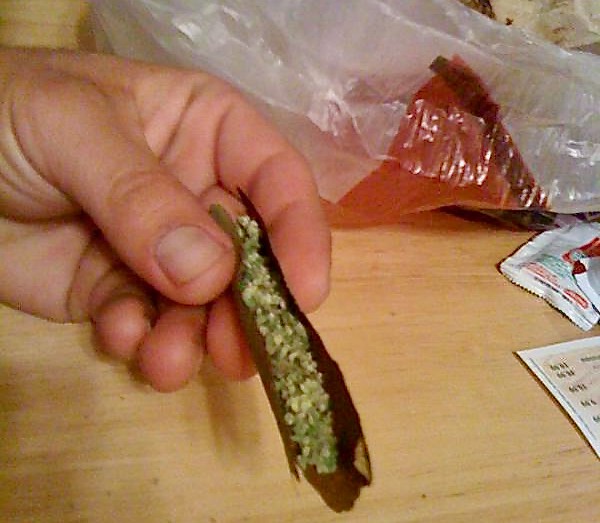Can you smoke dagga before work?
A CCMA ruling suggests you can so long as it doesn’t impair your performance
An employee dismissed for smoking cannabis before coming to work has been reinstated at a cosmetics and fragrance company. Archive photo from SAPS
- The CCMA ruled that an employee fired for smoking “zol” at home before coming to work should be reinstated.
- The commissioner said the employee had been allowed to continue work so his ability to perform his duties had not been disputed.
- The employee had tested positive for cannabis later and was then disciplined and fired.
At a recent hearing of the Commission for Conciliation, Mediation and Arbitration (CCMA), commissioner Nomsa Mbileni ordered the reinstatement of a factory worker who had been fired for reporting for duty under the influence of dagga.
Ofentse Rakang, employed as a “picker” at the Rankeng/Signature Cosmetics and Fragrance company in February 2018, was dismissed in June 2019 for misconduct after he was found to have reported for duty under the influence of dagga in May that year.
He admitted that he had smoked a full “zol” at home at 5am that morning before reporting for duty at about 7am. Management directed him to undergo a drug test and he tested positive for cannabis. But he disputed that he was incapable of working and said the dismissal was unfair.
Supervisor Farhaad Ebrahim testified at the hearing that Rakang had arrived late for work and he had called him to his office to explain why. He said Rakang’s eyes were red and watery and while he initially thought he might have a cold or flu, Rakang had insisted he was not sick. On further questioning he had admitted to smoking “weed” at home. Rakang had then become argumentative and, because of that, Ebrahim concluded that he was under the influence of drugs, which was outlawed by company policy.
However, Rakang, representing himself at the hearing at the CCMA offices in Johannesburg, denied that he was “under the influence”, and questioned why he had been allowed to continue working that day if this had been the case.
He said the test did not say he was “under the influence” but indicated only that he had tested positive for cannabis.
Commissioner Mbileni said company policy was that employees should not be allowed to remain on the premises if it is suspected they are under the influence of any drug.
“It further provides that whether or not an employee is fit to report for duty will be determined by management by exercising reasonable discretion … It would appear in this case that the reasonable discretion was that he was fit to continue working (albeit in a different area) … The problem with a charge of being under the influence of drugs is that there has not been any scientific determination of whether there is an impairment of performance,” she said.
Rakang’s eyes were red and watery but there was no evidence of impairment that would suggest an inability to perform tasks. On the contrary, he was allowed to work.
“In my view that was an acceptance that although he admitted to smoking cannabis, and subsequently tested positive for it, it had not affected his ability to perform his work,” the commissioner concluded.
Although Rakang might have been irresponsible, dismissal was too harsh, said the commissioner, and ordered his reinstatement without back pay and issuing a final written warning, valid for 12 months.
Support independent journalism
Donate using Payfast

Don't miss out on the latest news
We respect your privacy, and promise we won't spam you.
Next: NLC boss tells Parliament non-existent R13 million minstrel museum has been completed
Previous: How a rural KZN school keeps hunger away
Letters
Dear Editor
I couldn't help but respond to this with disbelief and sadness.
It's shocking how an employee can plough through a full day of production resulting in company profits but be refused backpay when he is ordered to return for duty.
The poor guy has been generating profit for the company from day one but will probably spend a year or two (God forbid even more) repaying debt lost due to his unfair dismissal.
Or am I missing facts about this case?
© 2020 GroundUp. This article is licensed under a Creative Commons Attribution-NoDerivatives 4.0 International License.
You may republish this article, so long as you credit the authors and GroundUp, and do not change the text. Please include a link back to the original article.

